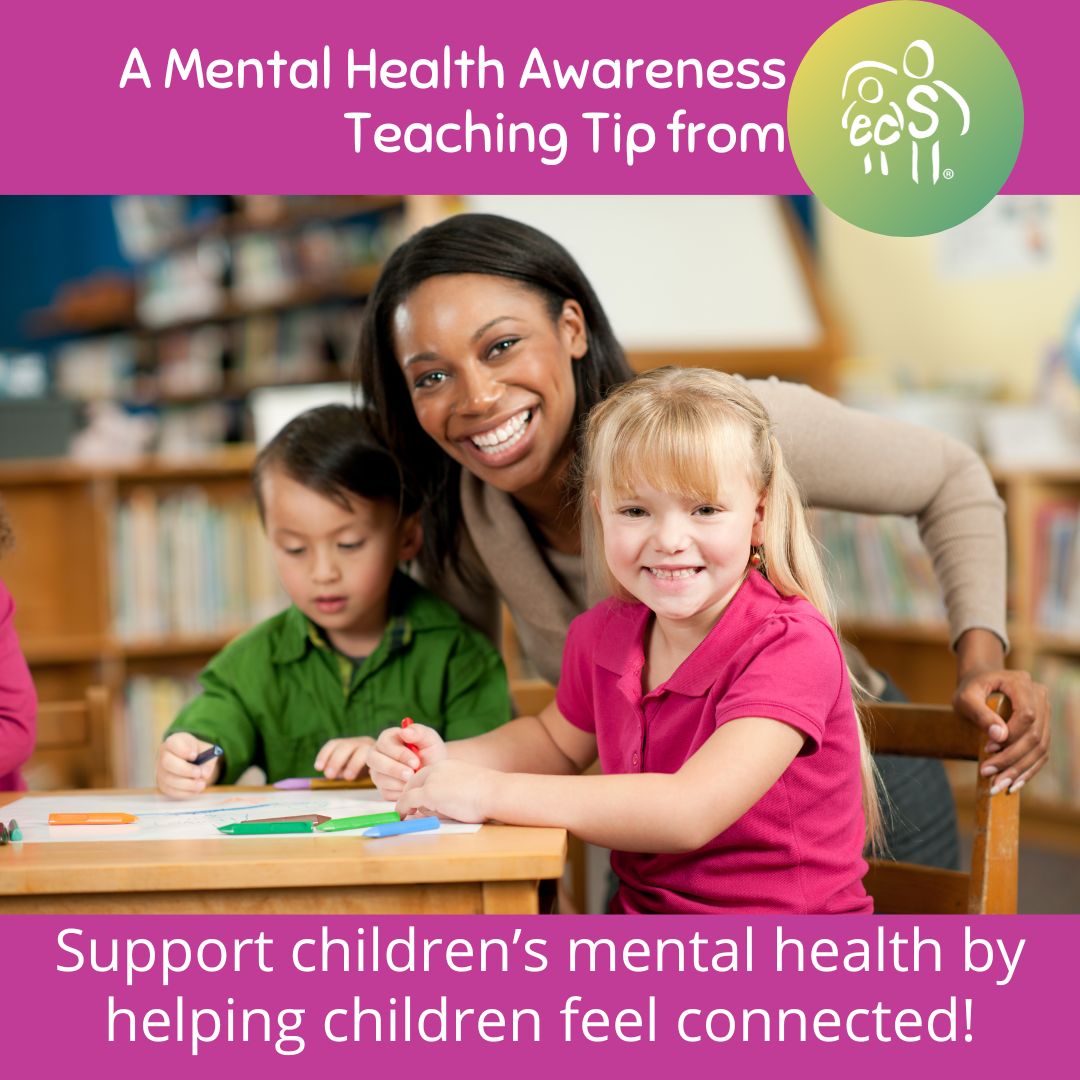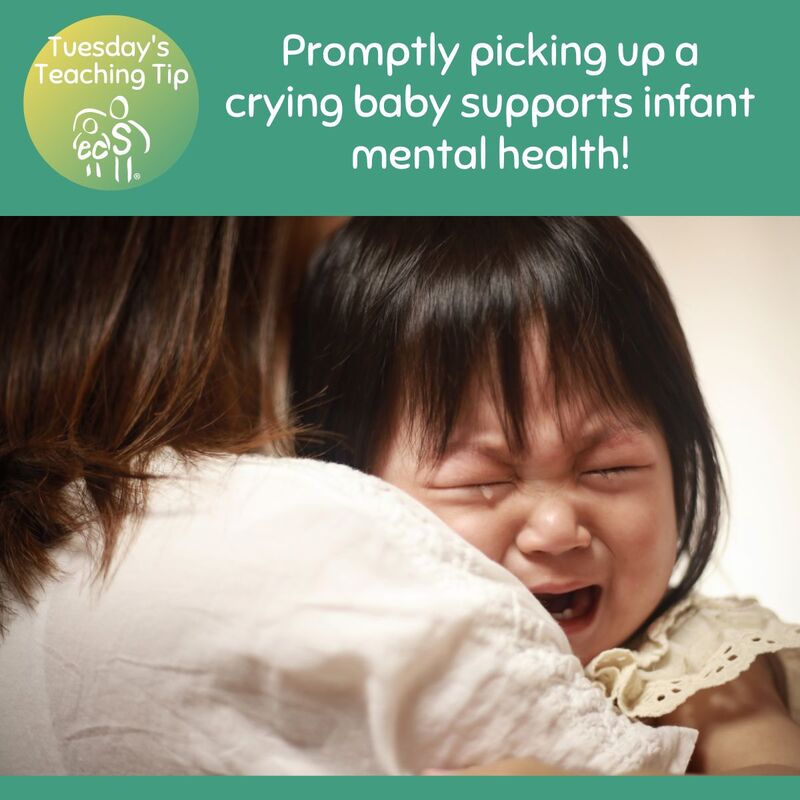|
May is Mental Health Awareness Month, so I'd like to help you support the mental health of infants and young children!
1. Respond quickly to infants' needsBabies require a lot of attention! They depend on the adults in their lives for all their needs, transitioning at an incredible rate into more independent little people. While parents and caregivers are busy meeting their physical needs, an infant’s social and emotional foundation is also being established. Meeting an infant’s mental health needs not only comforts them in the moment, it also affects their future mental health, their ability to learn and process the world and information around them, and their ability to tolerate frustration, solve problems, and adapt to situations. These are all lifelong skills, crucial to learning, jobs and relationships. 2. Attend to attachment Speaking of attachment, it is one of the most important factors affecting infant mental health. Having secure attachment relationships to their caregivers - including you - is absolutely crucial for babies. Here is a quote from HiMama's blog (4) that shares tips for supporting attachment:
3. Watch for warning signs These behaviors may sometimes be seen in healthy developing children. The time to be concerned is when something becomes a pattern. After making efforts to ensure that the child is safe and feels a sense of security, family caregivers may want to consult their medical or mental health provider . He/she can refer the family to other resources if needed. Here are some signs that an infant may be experiencing a problem with mental health, quoted from an online article from a behavioral health provider (6):
References & Resources
0 Comments
|
AuthorI'm Diane Goyette, a Child Development Specialist, Trainer, Consultant and Keynote Speaker. I'm excited to share my blog! Archives
August 2023
Categories
All
|
|
Ways to Contact Us:
Schedule an Appointment |
|
Follow earlychildhoodspecialties for encouragement, teaching tips and more!
|
Follow eepworm for child-friendly posts!
|
© 2013-2024 Early Childhood Specialties LLC. All rights reserved.




 RSS Feed
RSS Feed